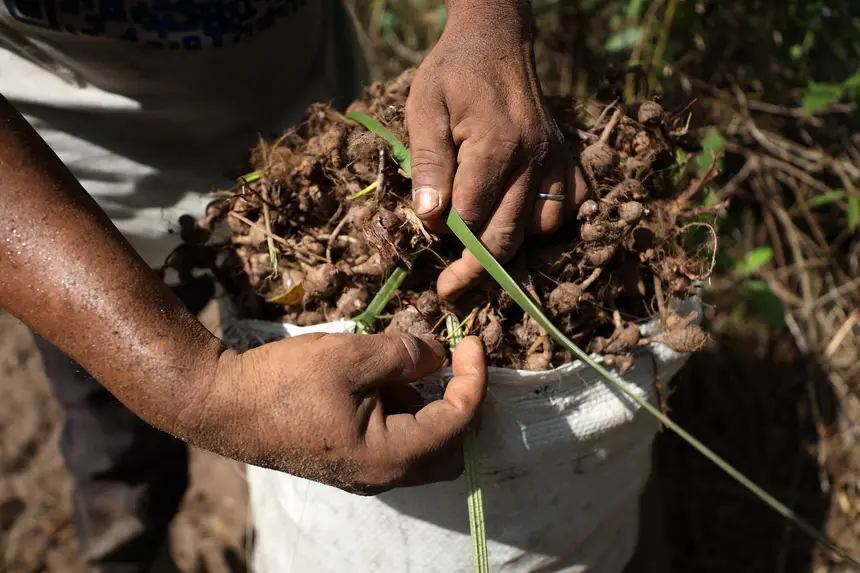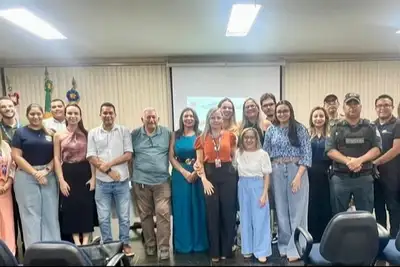Women’s entrepreneurship initiatives combine income generation and Amazon preservation
The government of Pará launched PlanBio in 2022 and has already invested R$ 600 million in direct actions, benefiting over 400,000 people and supporting more than two thousand community businesses.
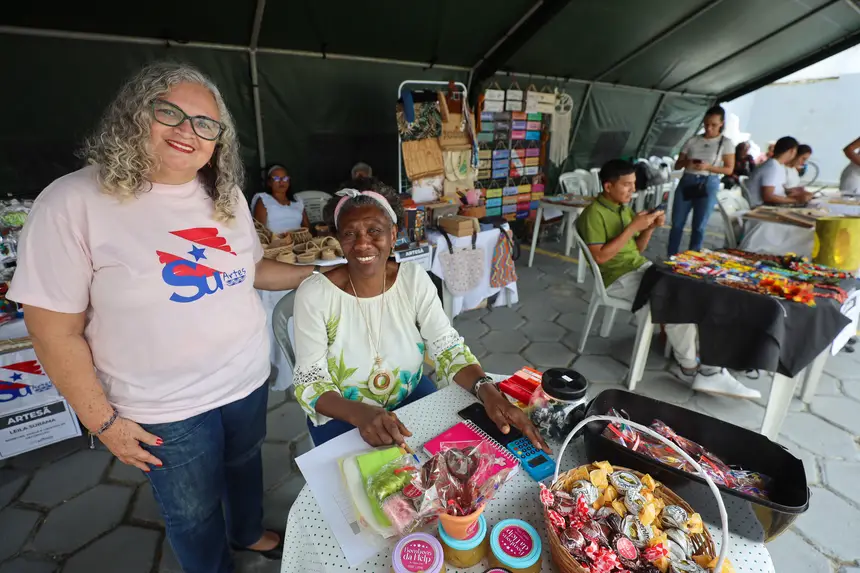
Artisans, farmers, extractivists, and producers, encouraged by public policies from the government of Pará focused on bioeconomy, strengthen the transformation of the forest into a source of income through the rational use of Amazon resources. With respect for traditional knowledge and the socio-cultural diversity of the Amazon, women entrepreneurs from Pará drive productive chains and promote sustainable development in traditional communities.
Farmer Gleicy Melo, 26, a riverside dweller and law student in the municipality of Portel, in the Marajó Archipelago, is an example among women in Pará who are engaged in businesses aligned with bioeconomy. The entrepreneur, who is part of the Marajó Cooperative, points out the increased visibility and credibility of products due to the advancement of bioeconomy in the state.
“It is very inspiring for me, as a riverside woman from traditional communities, to see the recognition and development of our work, aligned with bioeconomy, alongside the Cooperative. We have a flour house, and we started supplying products for school meals. These are valuable opportunities to showcase our culture and the products of the forest. In Portel, women are the riverside force that drives the local economy,” she emphasizes.
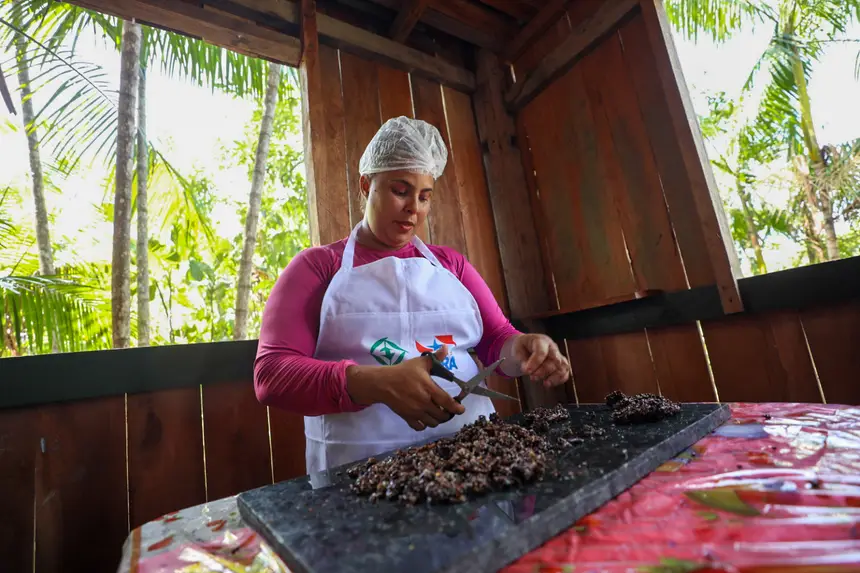
Results - The creation and implementation of the State Bioeconomy Plan (PlanBio) in 2022 consolidated bioeconomy as an essential public policy, connected to the state's environmental planning instruments, such as the Amazon Now Plan and the State Bioeconomy Strategy. By October 2025, PlanBio has accounted for approximately R$ 600 million in direct investments, benefiting over 400,000 people and supporting more than 2,000 businesses, including community ones.
“State programs have placed the inclusion and leadership of women at the center of bioeconomy policies. PlanBio, for example, promotes businesses led by women and youth, stimulating financial autonomy, social innovation, and the sustainable use of forest resources. Women not only participate in bioeconomy initiatives but also lead processes of social and productive transformation, becoming protagonists of a more inclusive, equitable, and sustainable development,” highlights Iara Menezes, an internationalist and director of Bioeconomy at the State Secretariat for Environment, Climate, and Sustainability (Semas).
The practical result of PlanBio, according to the director, is the structuring and strengthening of sustainable enterprises, in real conditions to compete and generate income within the bioeconomy market. Actions are enhanced with the advancement of state investments, such as the launch of the new Amazon Bioeconomy Park at the Porto Futuro Complex in Belém.
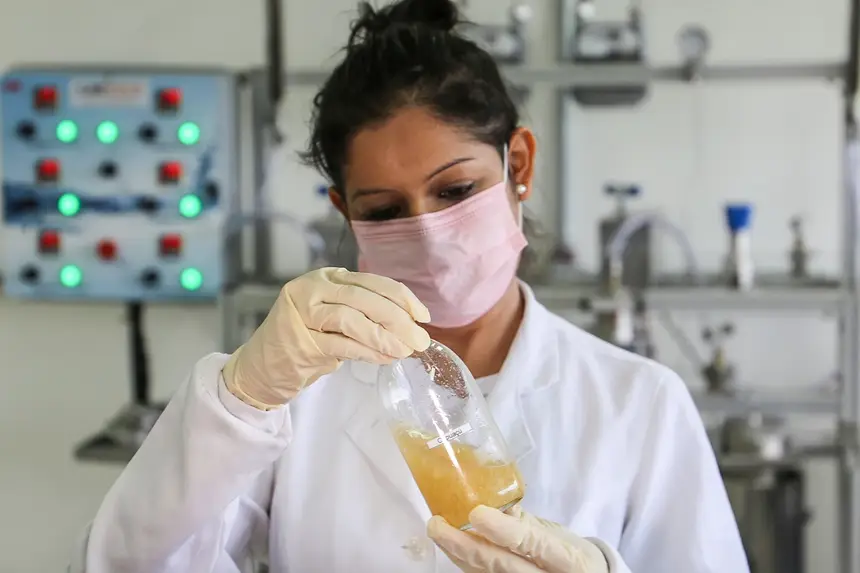
Training: another area of action - Through the promotion of initiatives aimed at valuing forest resources and strengthening traditional communities, the State Secretariat for Social Assistance, Labor, Employment, and Income (Seaster) has already assisted 73 artisans from quilombola communities in the regions of Marajó Integration, Lower Amazon, Guamá, Rio Caeté, and Rio Capim, with training, promotion, and access to markets.
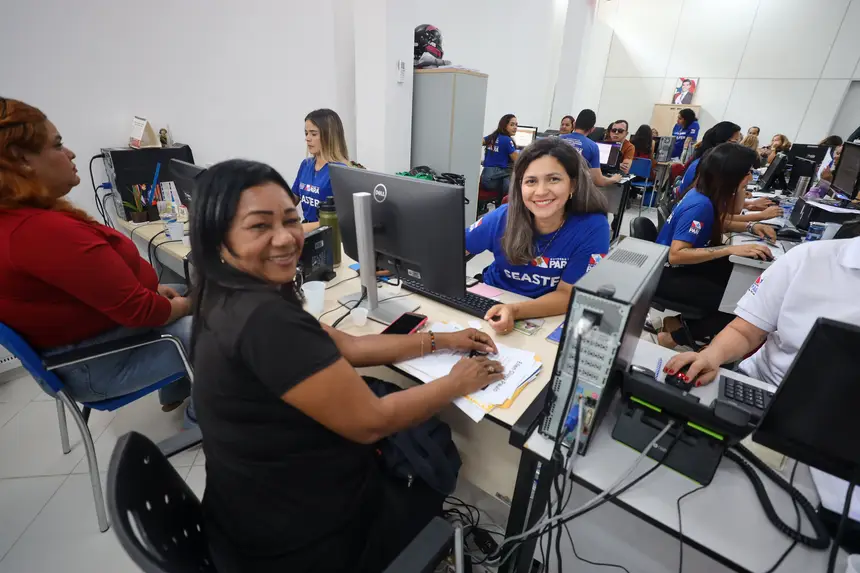
“State programs have played an essential role in valuing the work of women in traditional communities. Through the Brazilian Handicraft Program, the government of Pará has promoted economic autonomy and social recognition of artisans, encouraging their active participation in the productive chains of bioeconomy and expanding marketing opportunities for their products in local, national, and international markets,” assures Silvia Reis da Silva, coordinator of Entrepreneurship and Solidarity Economy at Seaster.
The artisan and founder of the Empowered Artisans Collective of Cabanagem, Andréa Mendes, celebrates female leadership in the context of bioeconomy. “In 2021, I started working with forest products and experienced a total transformation. Working with art and recycling is priceless; it is very enjoyable. It is very important to see one woman empower another,” she concludes.


